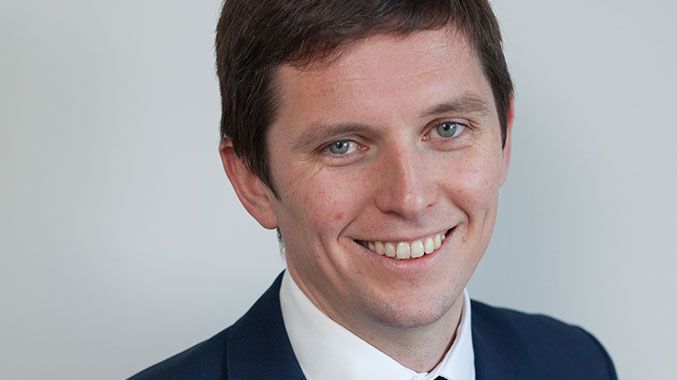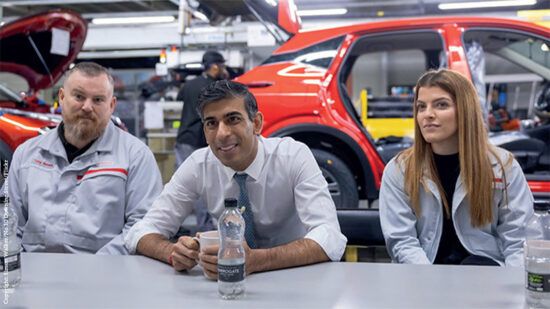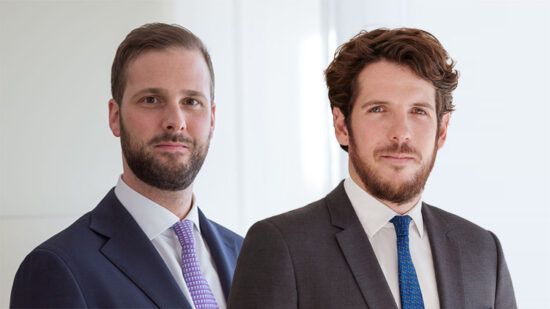Q: How would you describe investor understanding of sustainable investment issues?
A: Lots of pension schemes are still in the discovery phase. We are seeing lots of pension schemes looking to raise awareness among their stakeholders while also trying to understand and articulate their own objectives and beliefs in this area.
Q: What is the best way to form a sustainable investment policy if you’ve never done so before?
A: Before you start writing any policies or try to understand what your managers are doing, it is important to get your motivations down in writing. That is where your policies will start to emerge.
Q: What is the best way to assess how asset managers are interpreting ESG?
A: You can go to your managers and say ‘what are your ESG or investment policies’ but, in our experience, lots of the managers are playing catch up in this space. Don’t take those policies on face value. We produce explicit investment ratings for managers, which we are in the process of rolling out. Some managers are good at it, but what we do observe is that some fund managers are struggling to evidence how some of those polices make their way into portfolio decisions.
Q: What are the specific red flags to look for when weighing up fund firm ESG policies?
A: They might have a dedicated ESG team and dedicated ESG collateral, but when asked to provide evidence, their responses can be weak. Check that ESG considerations are being taken into account. The way that you can do that is by talking to the different people involved in different parts of the investment process. Ask the portfolio managers who are making the portfolio level decisions and speak to the ESG specialist separately. It is about talking to people in different parts of the process.
Q: What if an asset manager is reluctant to allow you speak to PMs, analysts and ESG specialists separately?
A: In our rating process, that is access that we insist on. At some managers, ESG is embedded in their culture and these considerations are important in their decision making, but, we see other managers where there is little evidence of ESG risks having an impact on portfolio construction. What is important is to find out what your own managers are doing. Ask yourself whether that is going to influence your decisions as to whether you should continue with them in the future.
Q: Which ESG factors are currently most pressing for investors?
A: The top one is fossil fuels, carbon footprint and climate change. Environmental issues are clearly driving investors right now. The next one is bribery and corruption. In the US, in particular, there are concerns around nationalism and protectionism.
Q: How useful are the UN’s sustainable investment goals in drawing up ESG polices?
A: They are useful but not all ESG necessarily aligns with the SDGs, although they can form a part of it. If the G in ESG is simply about investing in companies that are better managed, better governed and have a better handle on the risks they face.
Q: How influential will government and regulatory policy changes be to sustainable investment trends in the coming months and years?
A: There has been a massive upsurge in regulatory activity. Because most of that activity is centred on climate change and environmental issues, that is going to steer the market more generally. With the European Commission Action Plan, that is all about consistent terminology and data provision on climate change. The standardisation of labelling of green funds will also take the whole industry down the climate change route.








